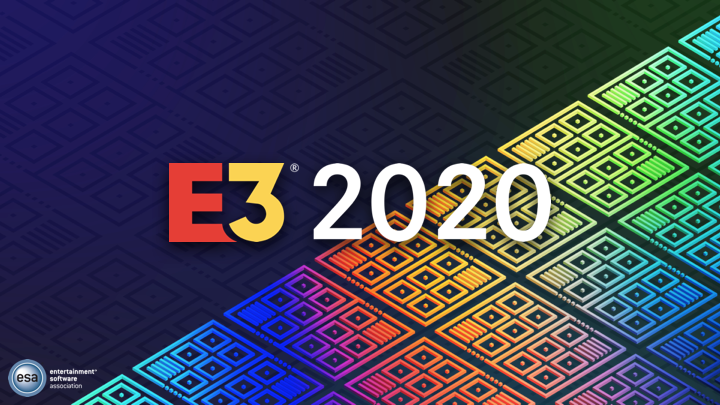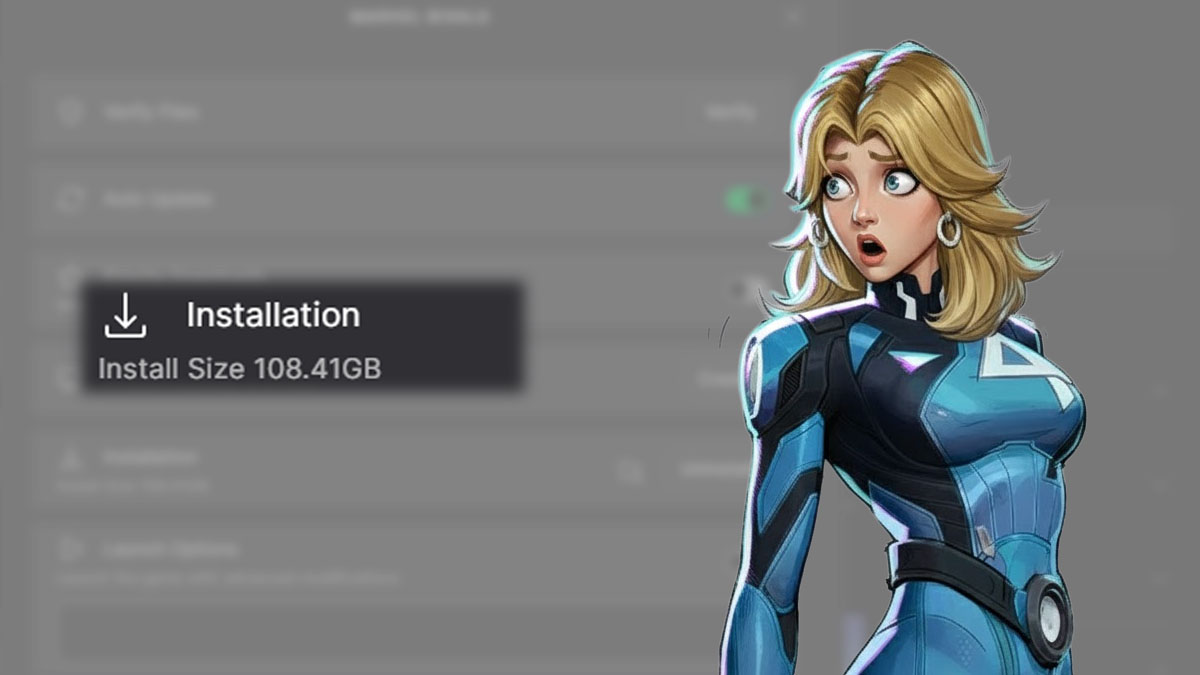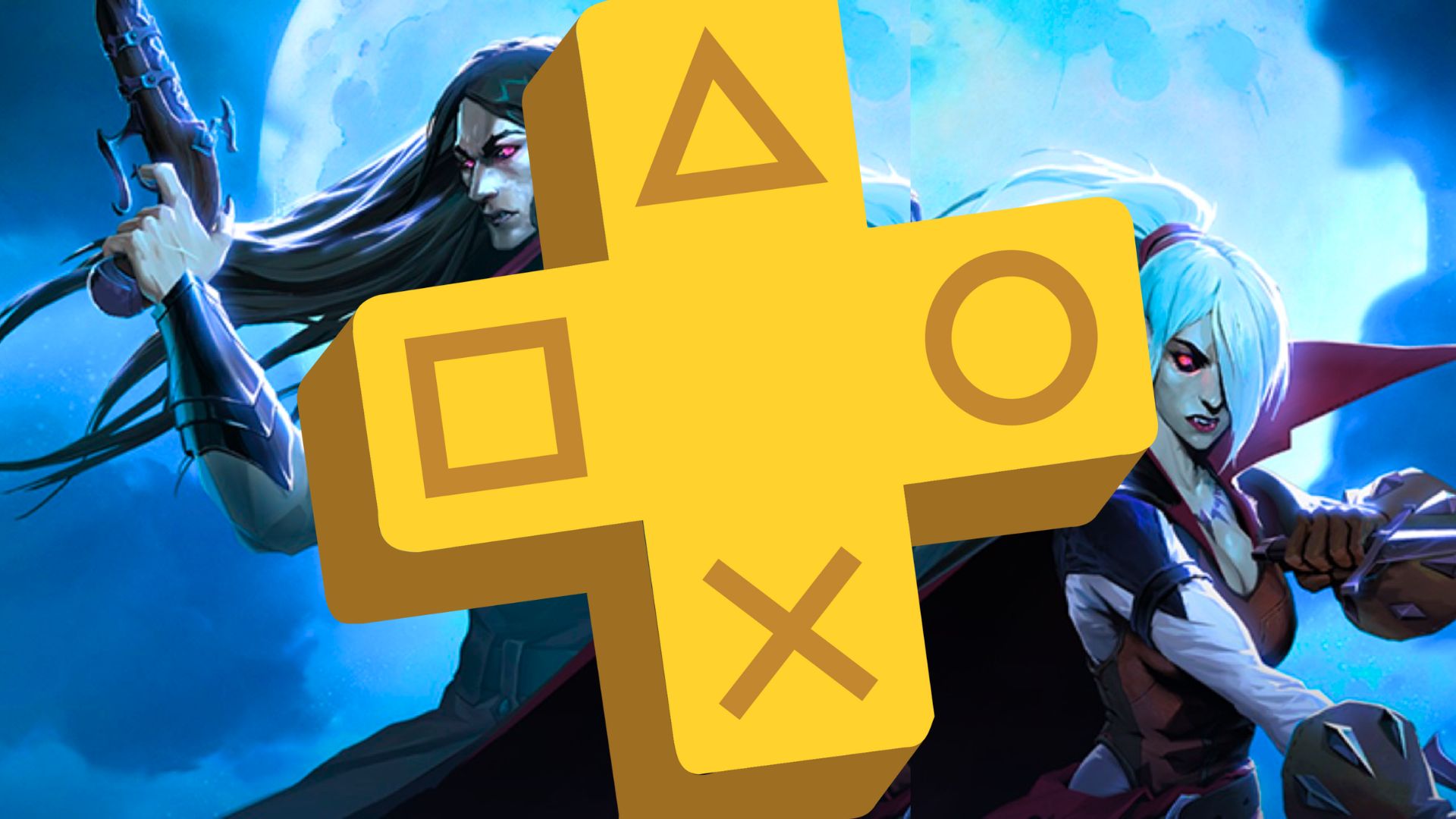You can trust VideoGamer. Our team of gaming experts spend hours testing and reviewing the latest games, to ensure you're reading the most comprehensive guide possible. Rest assured, all imagery and advice is unique and original. Check out how we test and review games here
The ESA’s intentions for E3 2020 have been disclosed in a pitch deck for group members, and it includes turning E3 into a festival in which influencers and the media will be paid to ‘control content and the message’ of the event (via GameDaily.biz).
E3 2019 was hit with noteworthy losses that inferred the future of the trade fair is on shaky ground. Sony did not hold a press conference this year, stating that it would instead be ‘exploring new and familiar ways to engage our community.’ EA, Ubisoft and Bethesda held their own off-site conferences before E3 began, and Activision hosted events in a hotel and did not appear on the show floor.
The ESA seem to have responded to these problems with new strategies to rebrand E3 as a ‘fan, media, and influencer festival’. In a pitch deck for The ESA’s group members, the plans state that paid partnerships with influencers, the media, and celebrities will overhaul the industry-only image of E3. The deck includes two examples of these celebrity appearances, such as an NBA champion playing a basketball video game or movie actors competing in a tournament.
These would be centred around eight ‘experience hubs’ interspersed between the exhibitor booths, and ESA members approved of the new floor plan. And, another 10,000 gamer badge attendees has been greenlit by The ESA, which would increase the total number of event attendees to 25,000. Regarding the lengthy wait times for demos, a ‘queuetainment’ strategy will display exhibitor advertisements while providing consumer data to those exhibitors through a new app. There will also be ‘exclusive/appointment only activations for select attendees who will create buzz and FOMO.’
Contrasting with this idea, a series of slides titled ‘The Power of Social Good’ details how The ESA intends to take advantage of the altruistic personalities of millennials and generation Z. ‘By amplifying E3’s social good brand, we can advance the industry’s brand with consumers while storing positive chits for future use,’ the slide reads, and references employing influencers that are passionate about causes for social equality that are relevant to E3. Additionally, The ESA believe that paid media partnerships would ‘exponentially increase the reach of E3’ and allow it to ‘control content and the message’ of the trade fair.
The most pressing detail is that when GameDaily.biz asked how it means to warrant the trust of the industry, The ESA did not respond. In August, it was discovered that the personal information of over 2,000 registered games journalists, YouTube content creators, Wall Street analysts, and Tencent employees was leaked from a document on the E3 2019 website. Then, the ESA emailed the media attendees of the 2004 and 2006 E3 conventions to state that their contact information had also been leaked. It stings to see that The ESA seems to be ignoring the serious mishandling of sensitive data while simultaneously planning paid partnerships with those affected.
These plans are not formalised, but they do show that The ESA is prioritising star power and a consumer-centric event, which simply does not fit with where the industry is today.






